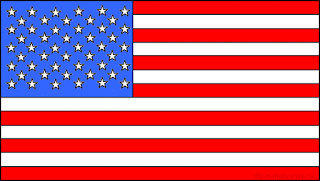Racial Microaggressions in Academic Libraries: Results of a Survey of Minority and Non-minority Librarians The Journal of Academic Librarianship Volume 41, Issue 1 , January 2015, Pages 47–53 Jaena Alabi , doi:10.1016/j.acalib.2014.10.008 Abstract There is relatively little literature on racism within the profession of academic librarianship. To investigate academic librarians' experiences of racism, this research project uses the framework of racial microaggressions, which are subtle, denigrating messages directed toward people of color. According to the results of an online survey, some librarians of color have had racial microaggressions directed at them by their colleagues. Non-minority librarians, however, are unlikely to recognize these disparaging exchanges. Keywords Academic libraries ; Racism ; Diversity ; Racial microaggressions Read it here: http://www.sciencedirect.com/science/article/pii/S0099133314...













